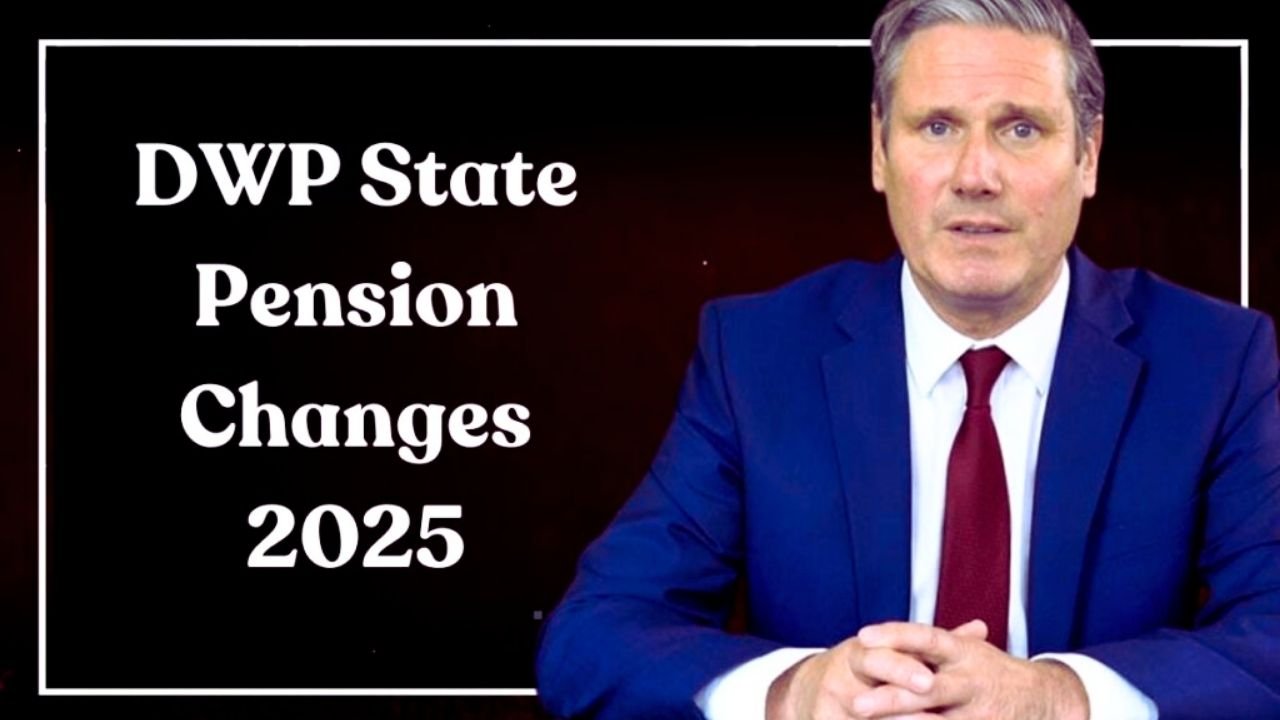Starting in April 2025, millions of UK pensioners will see a boost in their State Pension payments, thanks to the government’s commitment to the triple lock policy. This increase, set at 4.1%, is based on the highest of inflation, average earnings growth, or 2.5%, with earnings growth leading this year. The Department for Work and Pensions (DWP) has confirmed that both the New and Basic State Pensions will rise, offering extra financial support to over 12 million pensioners. This change aims to help retirees cope with the rising cost of living, though some challenges remain.
How Much Will Pensions Increase?
The full New State Pension, for those who reached pension age after April 2016, will rise from £221.20 per week to £230.25 per week, adding about £470 a year. The Basic State Pension, for those who retired before April 2016, will increase from £169.50 to £176.45 per week, giving an extra £360 annually. These amounts depend on having enough National Insurance contributions, typically 35 years for the New State Pension and 30 years for the Basic State Pension. If you have gaps in your contributions, you might get less, but you can check your record on gov.uk.
| Pension Type | 2024/25 Weekly Rate | 2025/26 Weekly Rate | Annual Increase |
|---|---|---|---|
| New State Pension | £221.20 | £230.25 | £470 |
| Basic State Pension | £169.50 | £176.45 | £360 |
When Will You See the Extra Money?
The new rates start on 7 April 2025, but since pensions are paid every four weeks, most people will see the increase in their May payments. Your payment date depends on the last two digits of your National Insurance number. Check gov.uk for exact dates. The money goes straight into your bank account, labelled “DWP Pension.” If you’re on Pension Credit, a benefit for low-income pensioners, the standard minimum guarantee will also rise by 4.1%, helping with daily costs like food and bills.
| Payment Dates | National Insurance Number (Last 2 Digits) |
|---|---|
| Monday | 00-19 |
| Tuesday | 20-39 |
| Wednesday | 40-59 |
| Thursday | 60-79 |
| Friday | 80-99 |
Why the Triple Lock Matters
The triple lock ensures pensions rise each year by the highest of inflation, earnings, or 2.5%. This year, the 4.1% increase comes from average earnings growth between May and July 2024. This policy has boosted pensions by over 24% since 2022, helping retirees like John, a 70-year-old from Manchester, afford essentials despite rising energy costs. However, the loss of the Winter Fuel Payment for many pensioners, now limited to those on Pension Credit, has raised concerns. Some worry the pension increase won’t fully cover heating costs this winter.
Challenges and Extra Support
Despite the rise, the New State Pension of £11,973 a year falls short of the £14,400 needed for a basic retirement lifestyle, according to the Pension and Lifetime Savings Association. Pensioners may need savings or other income to bridge the gap. The DWP is improving its “Check Your State Pension” service to help people spot gaps in their National Insurance record and make voluntary contributions. Local councils also offer support through the Household Support Fund, extended to April 2025, for help with bills or food.
Looking Ahead
The pension increase is a welcome boost, but with costs like energy and council tax rising, many pensioners will need to plan carefully. Experts suggest checking your pension forecast on gov.uk to understand your payments. If you’re struggling, contact your local council or charities like Turn2us for grants. The government’s focus on the triple lock shows support for retirees, but debates continue about its long-term cost. For now, pensioners can expect more money in their pockets from May 2025, offering some relief in tough times.
